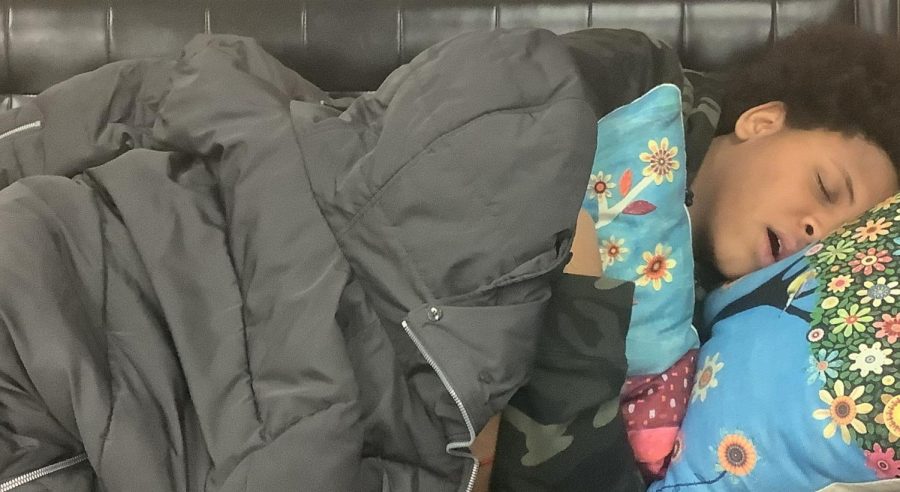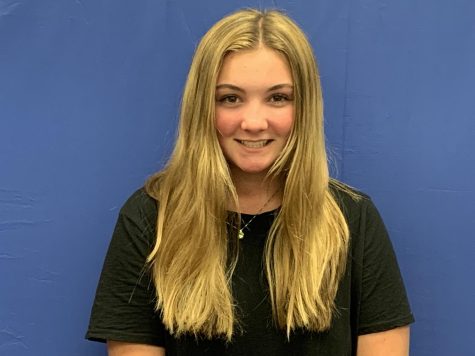Sleep Deprivation: A Topic Keeping Students Awake At Night
January 20, 2023
It’s clear that Americans of all ages are suffering from sleep deprivation. But, the solution to that dilemma is not nearly as clear–especially when the result doesn’t seem equitable to all involved. What is apparent, however, in case of who gets to sleep in longer–elementary or high school students–the “big kids” win.
Research has shown that high school students around the world focus more if they get more sleep. Elkhart Community Schools has adopted that philosophy, making it official for elementary schools to start their day earlier than the high schoolers: “Adjusting school start time can boost students’ achievements.” The switch was implemented right after the global pandemic. Two years into this new schedule, mixed reactions are not surprising.
Latoshia Bonds, the Human Services principal at Elkhart High School fundamentally believes that starting later might actually be helping the students. Bond states, “I like that we get to start later. I think later start times for teens is best practice.” Adding on, Bonds clarifies, saying, “Teens tend to stay up later, making it difficult to get up early.” This is not to say, though, that Bonds doesn’t have some concerns. “I do, however, worry that the little ones are walking to school when it is yet dark outside.” In addition, she shares her concerns about fatigue at the end of the day. “I do feel that our school day is really long. I think an earlier dismissal will help students be more rejuvenated for the next day. Honestly,” Bonds concludes, “sometimes I feel like I never went home, so I can only imagine how students feel–especially if they go to work or participate in after school activities!”
Many students at Elkhart High School feel the same. Paige Elliot, a sophomore, states, “I believe that high school students should have more time off, because most of us are busy after school; therefore, if we started school early, we would have more time at the end of the day.” Thus, having more time could equate to “getting more sleep.” Elliot shares one final lament: “There’s not much that I can do to change this rule, but it’s not such a terrible idea.”
A junior at EHS, Alyssa Samuel isn’t sure how to feel about this topic. Samuel feels that there are “pros and cons.” Samuel comments that it is “nice for their parents to be able to rely on the older siblings to get their younger siblings on the bus and around for school.” On top of that, it also helps high schoolers who stay up later to get more sleep. Samuel also believes “some teens stay up later and should manage their time better.” Samuel finishes with, “The school day is really long, so for people like me who do have clubs and sports after school, it’s dark by the time I get home.”
Ella Huff, a sophomore, “wishes” school was the same as it was before the pandemic. Huff doesn’t think elementary schoolers should wake up as early as they do for a variety of reasons. “Elementary schoolers won’t focus when they are tired, but also, we are much older–and we need time to ourselves after school. But, thanks to the timing, we can’t have that!” Huff leaves off with this: “I truly believe that my opinion on the topic is valid and that many students here would agree with me.”
It is apparent that many students need personal time after school hours. But, it’s also apparent that there are obstacles–such as the bussing situation–that prevent that from even being discussed. So, for now, the elementary kids will continue having to rise and shine at the crack of dawn while high schoolers continue staying up until the crack of dawn.








